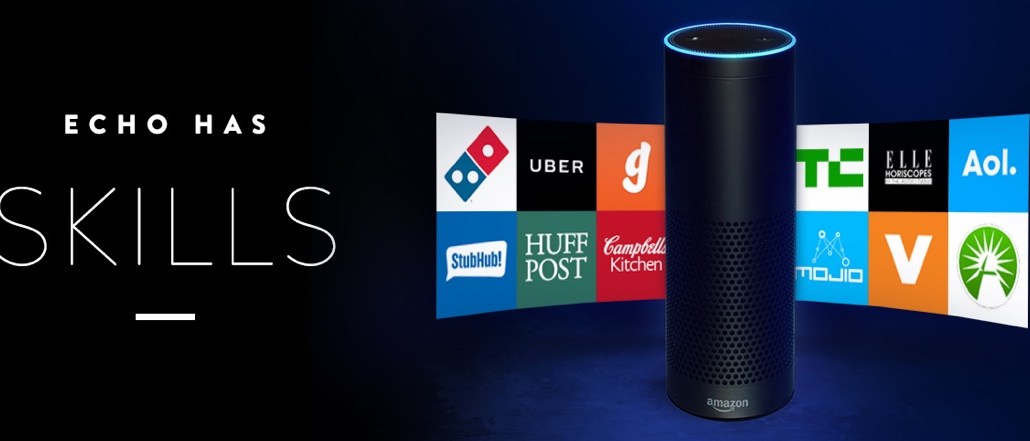Last chance to save on Digiday Publishing Summit passes is February 9

If the number of platforms that publishers have to distribute content to keeps increasing but the number of hours in a day remain the same, when is it worth being on a platform, and when is it worth sparing your reporters, producers and digital media staff?
This problem is worth thinking about in the context of the Amazon Echo. The home assistant is the market leader in its category. Yet voice-enabled products like the Echo remain a niche product: About 4 million Echoes had been sold through the first quarter of this year, according to Consumer Intelligence Research Partners estimates; an additional 10 million are expected to sell next year. That’s fine year-over-year growth, but it still means that by the end of 2017, there will likely be more people practicing archery (19 million) than people using voice-enabled devices.
But even with a small audience and modest monetization opportunities, a lot of publishers have figured out how to maintain distinct, powerful presences on the Echo without draining substantial extra resources away from everything else. Here is how three publishers allocate what they have to build on this nascent platform.
(Digiday is one of the publishers that’s experimenting with the Echo’s Flash Briefings. Learn about how to get a Digiday update every morning here).
Daily Mail
Daily Mail, which understands the virtues of high-volume digital publishing, puts its entire daily edition on Echo every day; according to Simon Regan-Edwards, the production director of Daily Mail’s digital publishing arm, it is the first paper to put its entire report on Echo. While this might sound like a lot of work, it actually amounts to very little — Daily Mail feeds all its stories to Echo from its CMS, opting for Amazon’s automated voice service Alexa to read the updates.
Daily Mail has also decided to use Echo as a space to serve a small section of its audience: The only people who have access to its Echo content are its 34,000 paying Mail Plus subscribers, who pay £9.99 per month.
The Washington Post
The Jeff Bezos-owned paper has experimented with both Briefings and Skills, with its product and engineering teams doing most of the heavy lifting while mostly sparing the newsroom from having to do too much additional work. Its daily politics brief, produced by author Chris Cillizza, adds about an hour of work, as audio is recorded, edited, then fed to Amazon in a feed.
Since Bezos acquired the Post in 2013, the paper has been aggressive in embracing new tools and platforms. And while it has put fewer resources into Echo than others, those have borne fruit: It has sold two sponsorships to help pay for its Alexa channel, and it intends to ramp up the skills and briefs it puts on Echo next year. “We haven’t invested significantly more time than other platforms,” said Joey Marburger, the Post’s director of digital products, “but what we have done has paid off insanely well.”
Bloomberg
Getting onto the Echo was a natural fit for the business news Goliath, which already has a robust radio business. It took a team of four to make this happen, and now it updates products like the Bloomberg Market Minute several times a day, with “minimal” support required to get that content updated quickly.
“Alexa may not be commanding high monetary value at the moment; it’s clear people have fallen in love with it,” said Ambika Nigam, Bloomberg Digital’s global head of mobile applications. “Right now, the real currency is understanding how people are using voice interfaces so that we can deliver a truly delightful and personalized experience.”
More in Media

In Graphic Detail: The scale of the challenge facing publishers, politicians eager to damage Google’s adland dominance
Last year was a blowout ad revenue year for Google, despite challenges from several quarters.

Why Walmart is basically a tech company now
The retail giant joined the Nasdaq exchange, also home to technology companies like Amazon, in December.

The Athletic invests in live blogs, video to insulate sports coverage from AI scraping
As the Super Bowl and Winter Olympics collide, The Athletic is leaning into live blogs and video to keeps fans locked in, and AI bots at bay.





